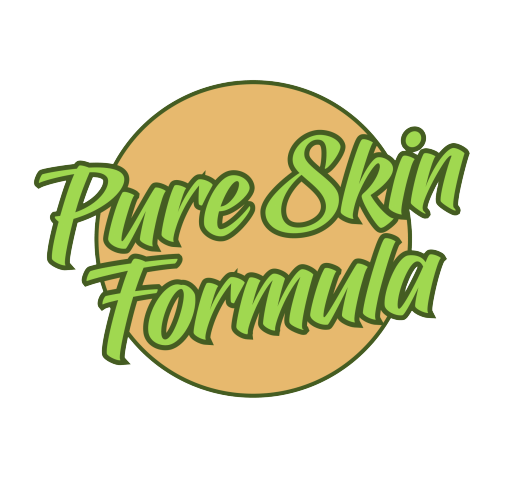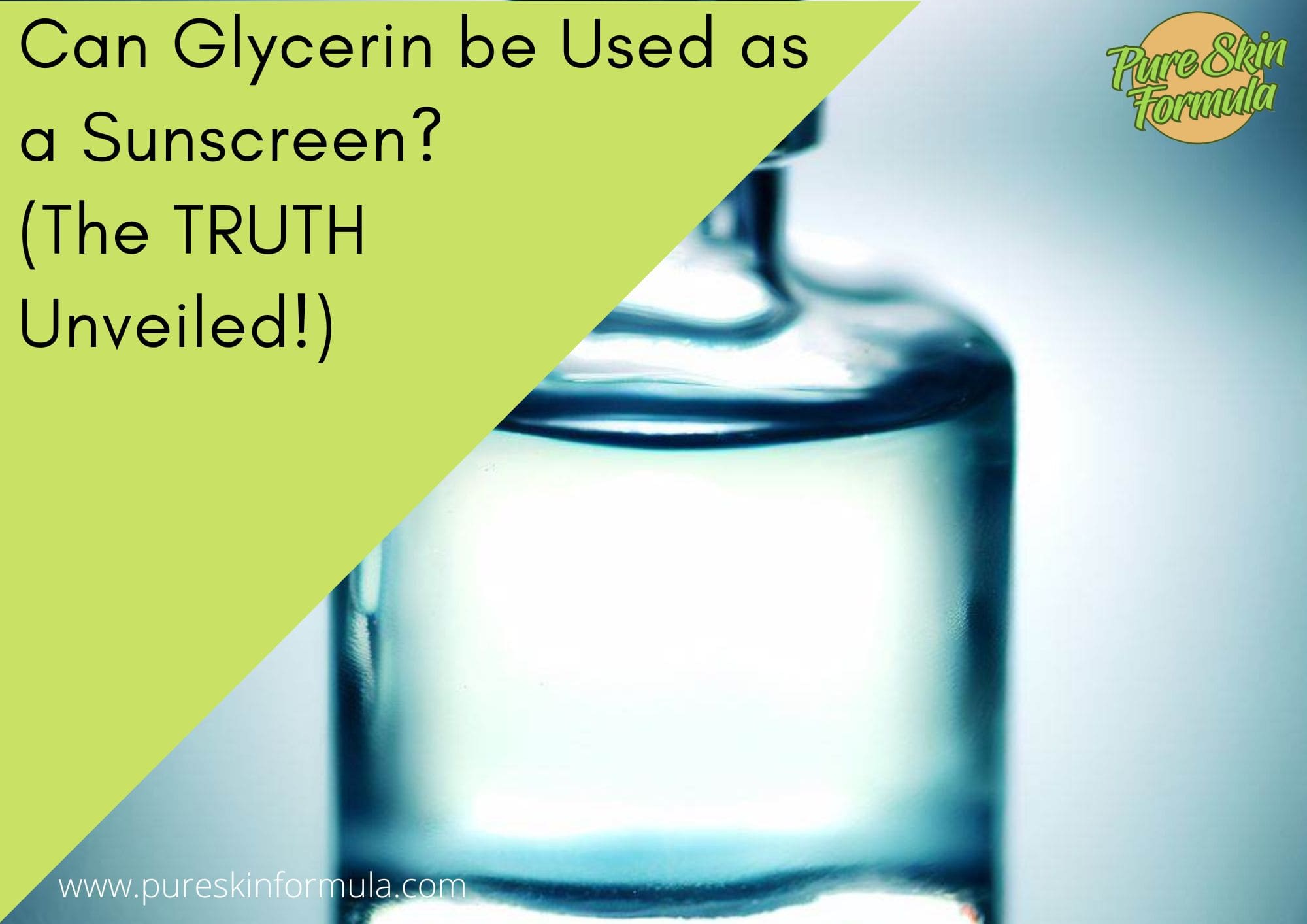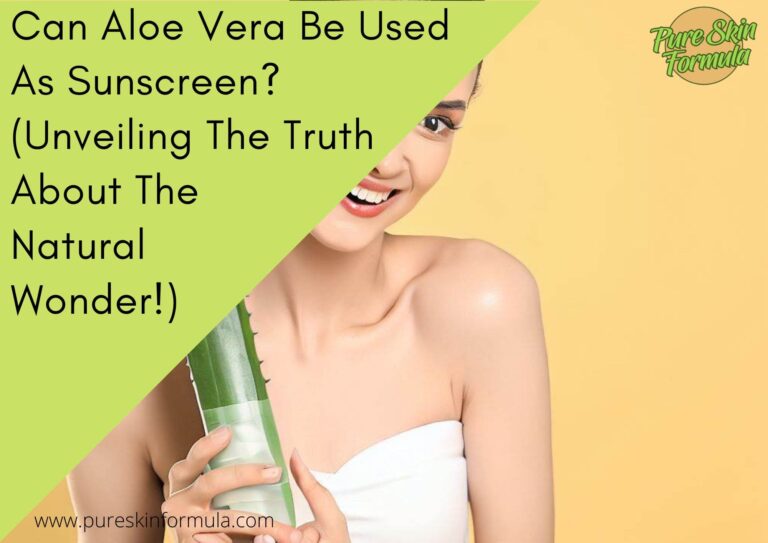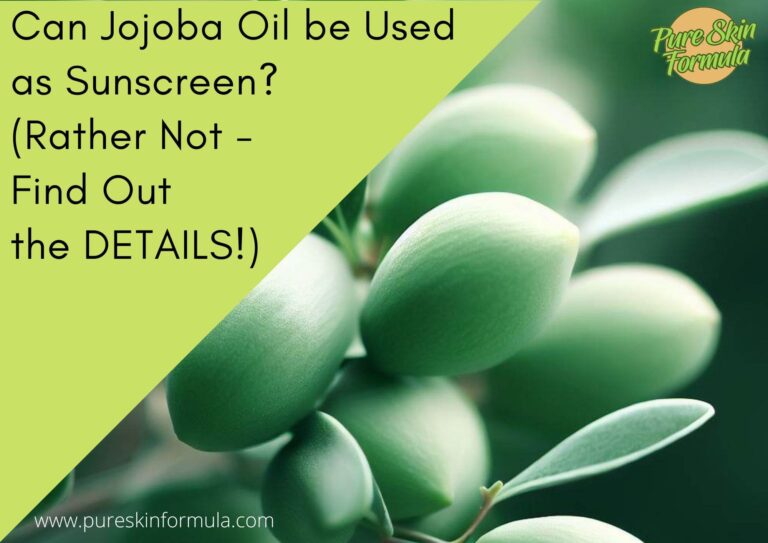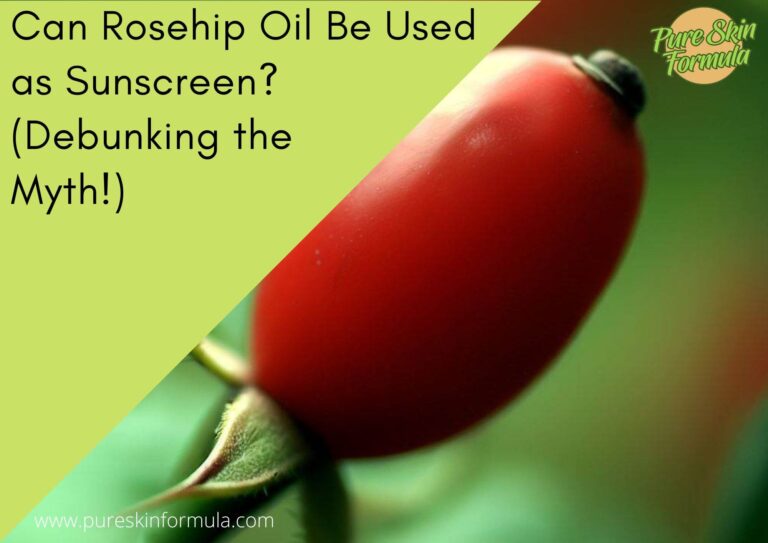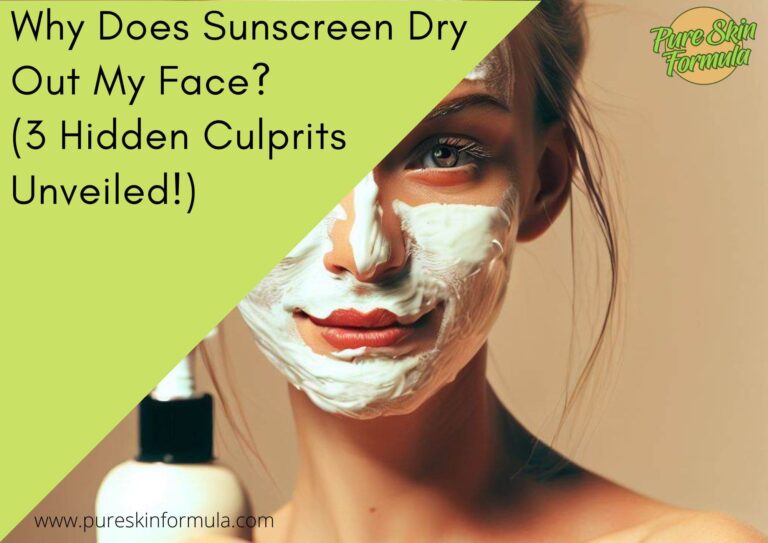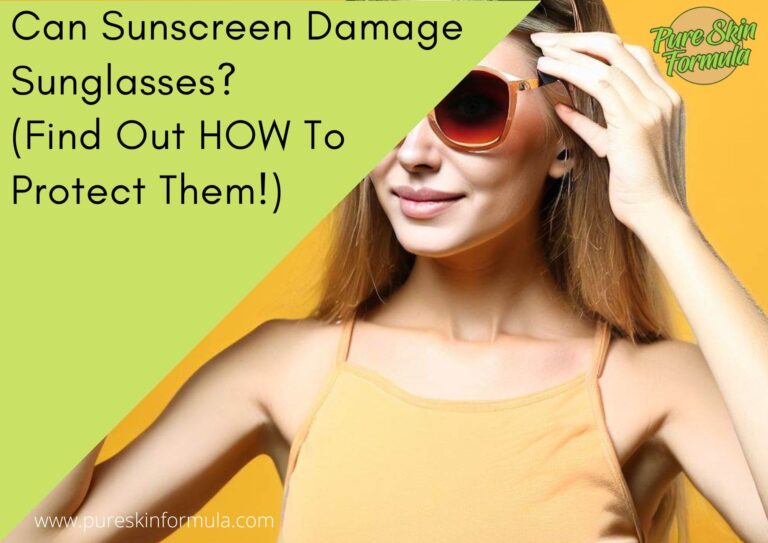While glycerin has long been celebrated for its moisturizing prowess, its sun protection capabilities have become a subject of intrigue. Could this humble ingredient shield our skin from the sun’s harmful rays, ensuring hydration and defense?
Prepare to uncover the facts as we delve into scientific research, scrutinize its properties, and evaluate its efficacy against traditional sunscreens. You will better understand glycerin’s role in skincare and learn how it can enhance your sun protection routine.
Can glycerin be used as a sunscreen?
No, glycerin cannot be used as a standalone sunscreen. It is a common ingredient in skincare products due to its moisturizing properties, but it does not provide sufficient protection against harmful UV rays.
Sunscreens are specifically formulated with active ingredients that can absorb, reflect, or scatter UV radiation to protect the skin. These active ingredients, such as zinc oxide and titanium dioxide, have been extensively tested for their effectiveness in shielding the skin from the sun’s harmful rays.
Using a broad-spectrum sunscreen with an appropriate sun protection factor (SPF) to safeguard your skin from UVA and UVB radiation is essential.
Applying sunscreen with glycerin in its formulation can provide added hydration and nourishment to the skin, but it should not be considered a replacement for a proper sunscreen product.
Let’s get into detail.
What is glycerin?
Glycerin, or glycerol, is a colorless and odorless liquid commonly used in skincare and cosmetic products. It is derived from plant or animal fats and oils through hydrolysis. Glycerin has a unique molecular structure with three hydroxyl groups, contributing to its versatile properties.
It has excellent humectant properties, attracting and retaining moisture from the environment. This makes it highly effective in hydrating and moisturizing the body’s skin.
Glycerin also has occlusive properties, forming a barrier on the skin’s surface that seals in moisture. This barrier helps to prevent water loss through evaporation and protects the skin from environmental stressors that can lead to dryness and dehydration.
Glycerin has a soothing effect on the skin, making it beneficial for sensitive or dry skin conditions. It helps to alleviate itchiness, redness, and irritation, leaving the skin calm and comfortable.
Is glycerin a good sunscreen?
The studies conducted on glycerin’s sun protection potential have yielded interesting findings. Glycerin alone does not possess the ability to absorb or reflect UV radiation like traditional sunscreen ingredients do. Therefore, it is not considered an active ingredient for sun protection.

Still, it can contribute to the overall efficacy of a sunscreen formulation due to its moisturizing and skin-conditioning properties.
There are notable differences when comparing glycerin’s efficacy as a sun protectant with traditional sunscreen ingredients such as zinc oxide and titanium dioxide mentioned earlier.
They are specifically formulated to provide broad-spectrum protection against UVA and UVB rays. These ingredients act as physical barriers, reflecting and scattering harmful rays away from the skin.
What is glycerin’s SPF?
Unlike traditional sunscreen products with assigned SPF values, glycerin has no SPF rating. SPF measures a product’s ability to protect the skin from UVB rays responsible for sunburn.
Since glycerin cannot absorb or reflect UV radiation, it does not provide significant protection against UVB rays.
When using glycerin as a sunscreen alternative, additional filters are needed to ensure comprehensive defense from UVA and UVB radiation.
There are specific active ingredients commonly included in sunscreen formulations providing the necessary protection against sunburn and long-term skin damage caused by UV radiation.
To sum it up
While glycerin is a fantastic ingredient for moisturizing and nourishing the skin, it cannot be used as a standalone sunscreen. The scientific evidence and research indicate that it does not possess the necessary properties to provide sufficient protection against harmful UV rays.
Sunscreens are specifically formulated with active ingredients like zinc oxide and titanium dioxide, which have been extensively tested for their ability to shield the skin from UVA and UVB radiation.
However, glycerin can still play a valuable role in sunscreen formulations by providing hydration and supporting the skin’s overall health. Regarding sun protection, it is crucial to rely on trusted and tested sunscreen products for optimal defense against the damaging effects of the sun.
Thank you for reading!
Valeria
